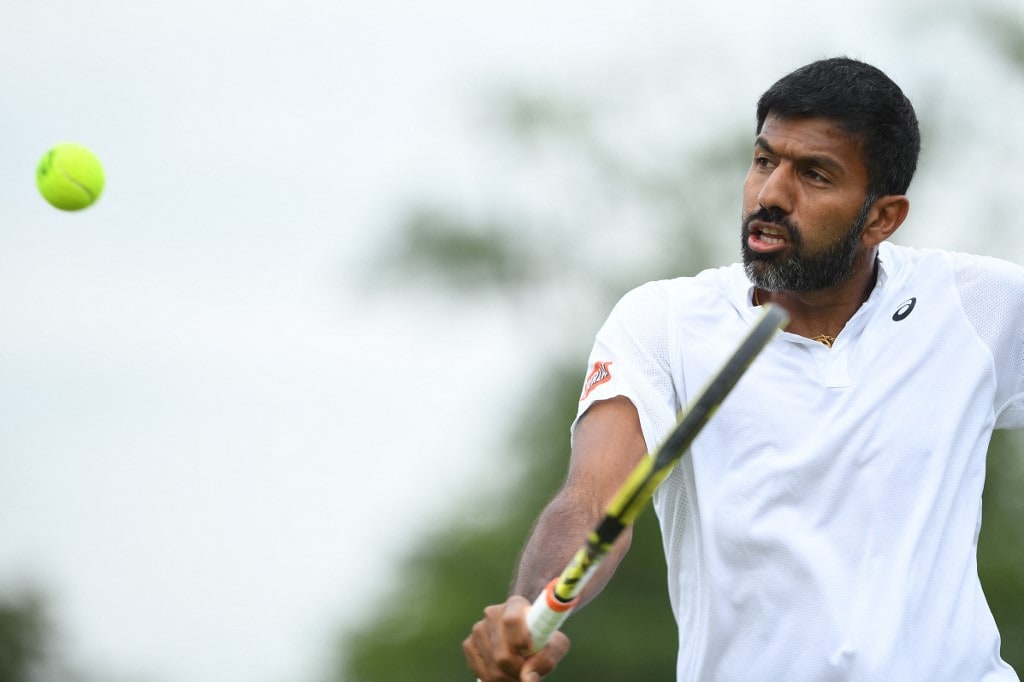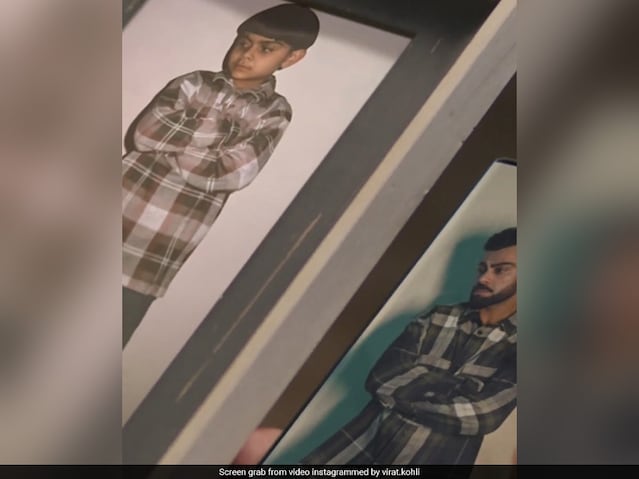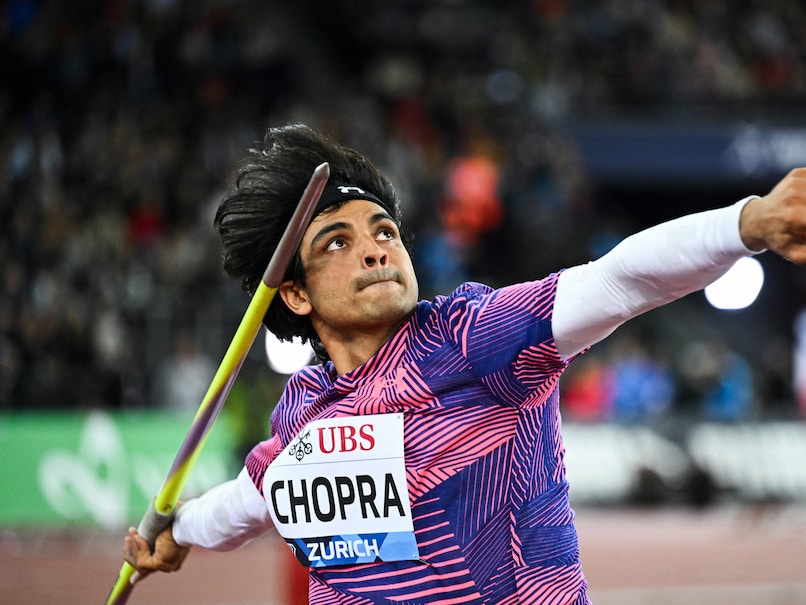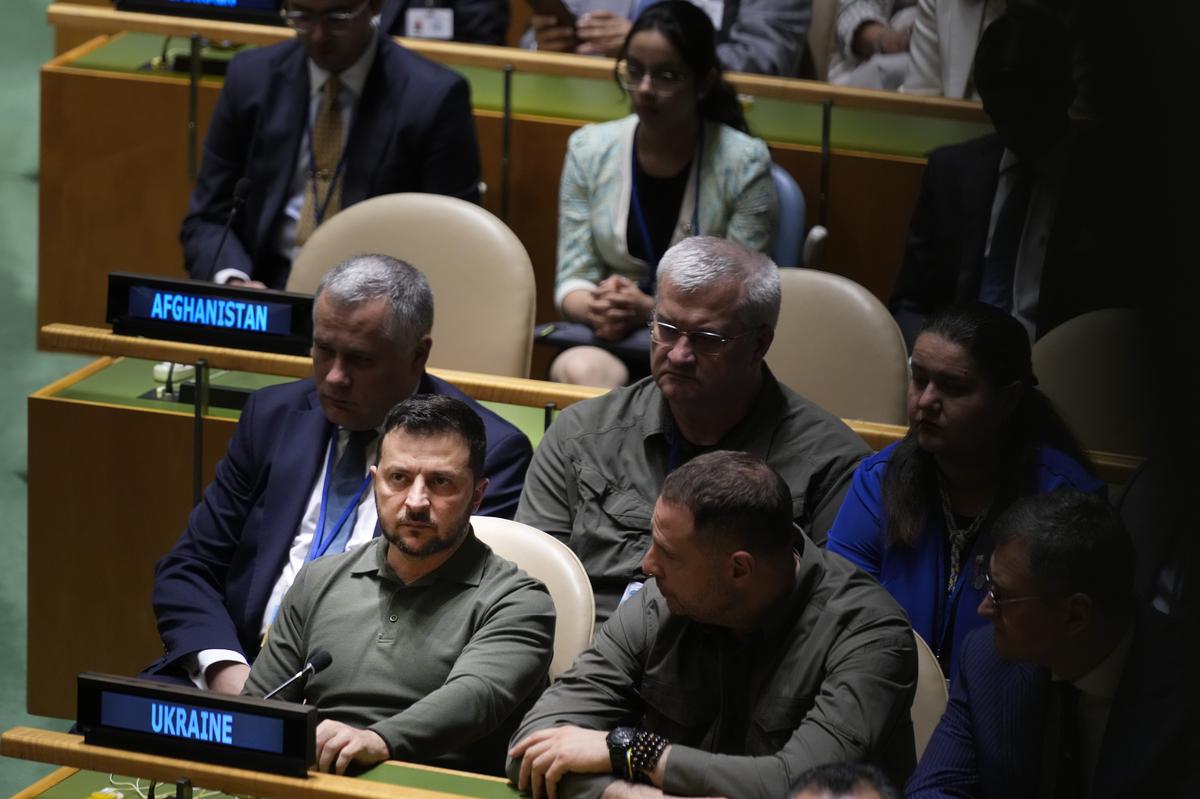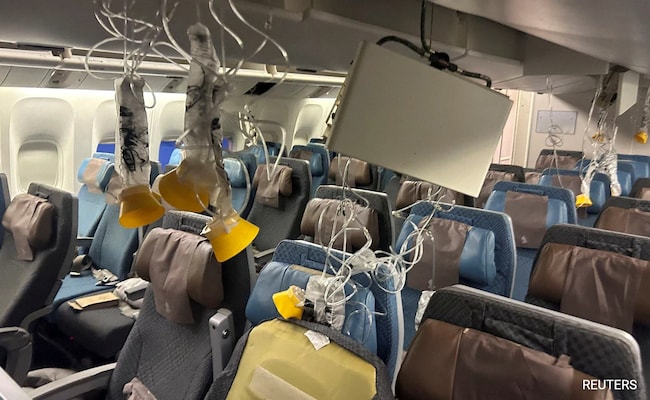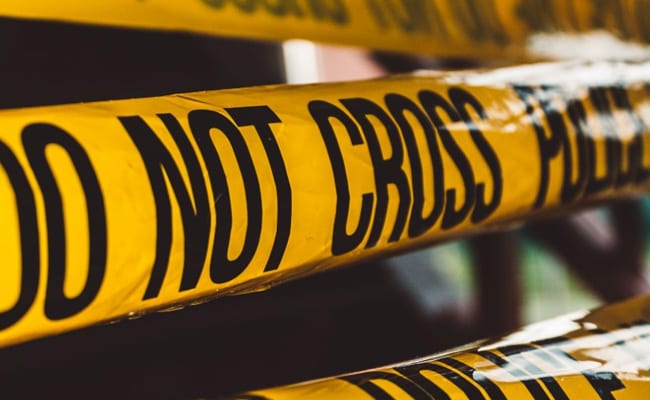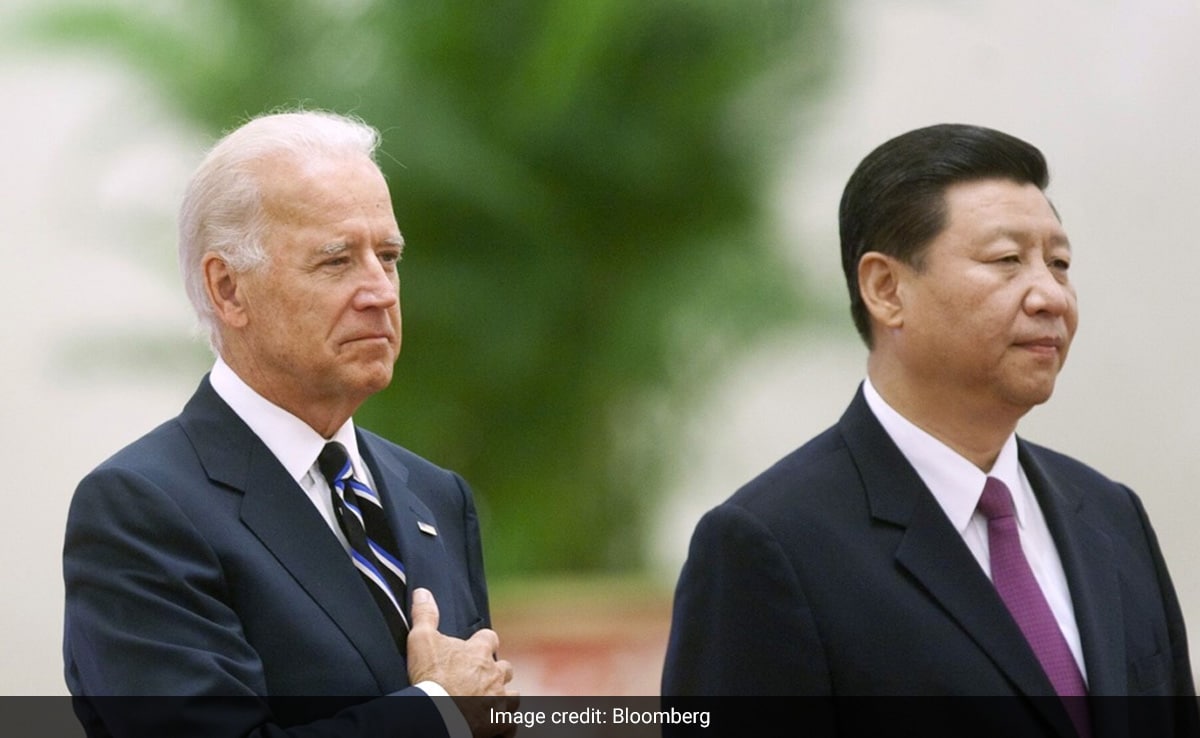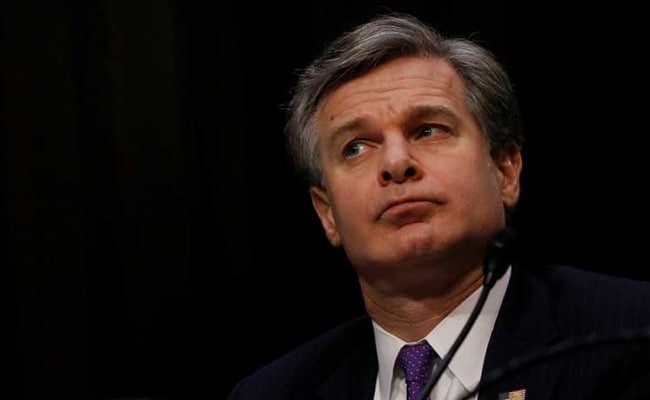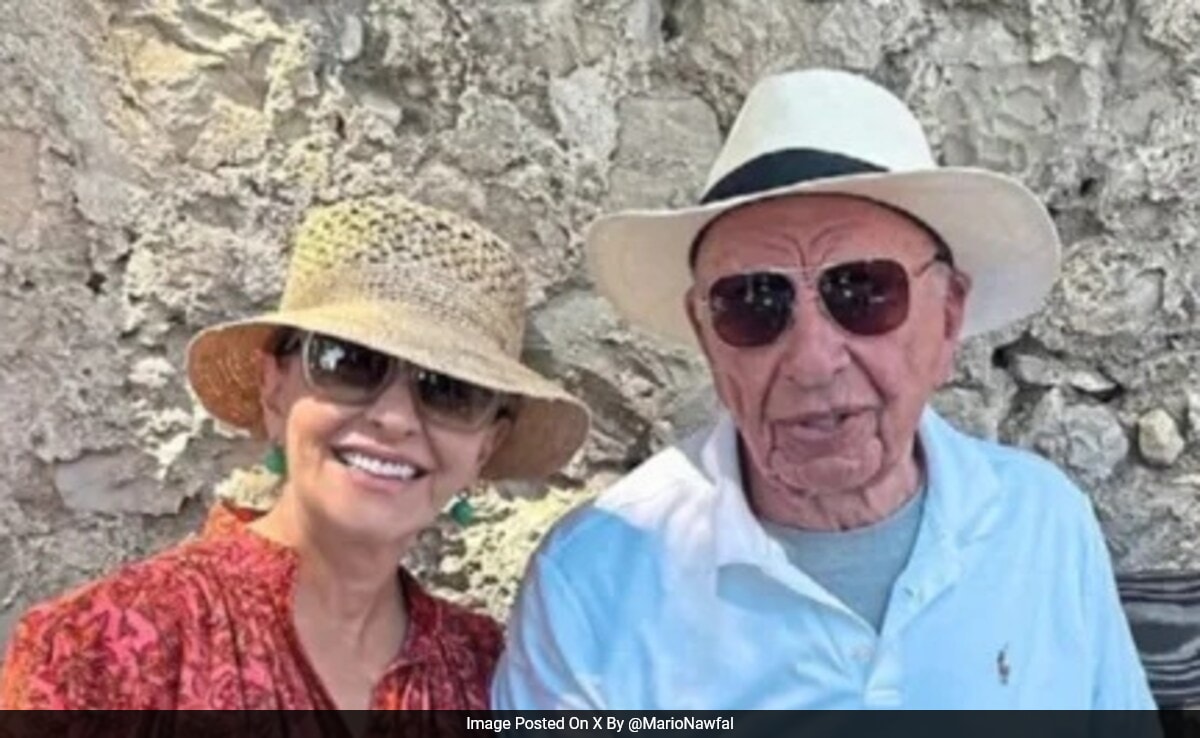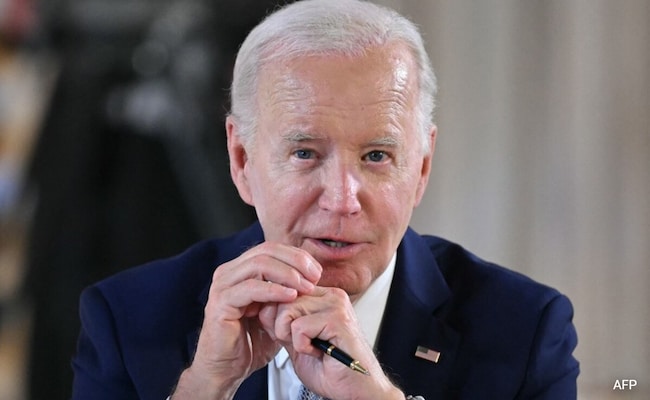Ghana’s President Nana Addo Dankwa Akufo-Addo (L), President of the European Commission Ursula von der Leyen, Swiss Federal President Viola Amherd, Ukraine’s President Volodymyr Zelensky, Chile’s President Gabriel Boric and Canadian Prime Minister Justin Trudeau attend the closing press conference during the Summit on Peace in Ukraine on June 16, 2024 in Lucerne, Switzerland.
| Photo Credit: Getty Images
The two day Summit on Peace in Ukraine at the Bürgenstock resort in Switzerland ended on Sunday with participants hoping for an end to the war between Moscow and Kyiv. 80 countries and four organisations of the 100 attending delegations supported the final joint communiqué that emerged out of the Path To Peace Summit looking at ways to end the Russia-Ukraine war raging on since February 2022.
India was a notable voice among those who did not sign the document. Current G-20 chair Brazil was in the room only as an observer.
“The ongoing war of the Russian Federation against Ukraine continues to cause large-scale human suffering and destruction, and to create risks and crises with global repercussions,” said the declaration that focused on the three agendas of nuclear safety, global food security and humanitarian issues.
“All prisoners of war must be released by complete exchange. All deported and unlawfully displaced Ukrainian children, and all other Ukrainian civilians who were unlawfully detained, must be returned to Ukraine,” the declaration emphasised.

Ukrainian President Volodymyr Zelenskyy hailed the diplomatic “success” of the event, and said the path was open for a second peace summit, with a view to ending the war with a just and lasting settlement.
But he told a closing press conference that “Russia and their leadership are not ready for a just peace”.
“Russia can start negotiations with us even tomorrow without waiting for anything — if they leave our legal territories,” he said.
Swiss President Viola Amherd claimed that the communique is ‘a strong signal from the international community for peace based on international law and the UN Charter’.

“Despite our different points of view, we have managed to agree on a common vision. We have set out that vision in the #BürgenstockCommuniqué. I am confident that we will commit ourselves to this process beyond the Bürgenstock, knowing that the road ahead is long and challenging,” President Amherd posted on X ahead of her closing remarks.
In their deliberations during the opening ceremony and plenary sessions, most of the Western bloc leaders struck a similar note in underlining that Ukraine was the victim here, and peace cannot mean surrender referring to Russian President Vladimir Putin’s latest conditions to begin negotiations for peace.
The elephant in the room though remained Russia’s absence with Mr. Putin not invited by host Switzerland, leading to questions about the effectiveness of the Path to Peace Summit. It is important to note that Switzerland, unlike China, India or the United States, is also a signatory to the Rome Statute and upholds decisions of the International Criminal Court in the Hague, which has indicted Mr. Putin for alleged war crimes. Mr. Putin’s presence on Swiss soil could have paved the path for his arrest. But the conference did recognise the need to get Moscow to the dialogue table to end the war.
“We believe that reaching peace requires the involvement of and dialogue between all parties. We, therefore, decided to undertake concrete steps in the future in the above-mentioned areas with further engagement of the representatives of all parties,” said the communique.

A day earlier, Turkish Foreign Minister Hakan Fidan in his opening remarks, had insisted that the Summit could have been more result-oriented if the other party to the conflict — Russia — had been there in the room as he offered Turkiye’s willingness to facilitate the process of talks between the warring sides.
Speaking to presspersons on Sunday afternoon, Ukrainian Foreign Minister Dymitro Kuleba, when asked about Russia, said, “That’s the idea. The next Summit should mean the end of the war. And of course, we need the other side to be at the table. It is clear that to end the war, you need both parties at the table.” However, he stressed that it cannot be peace at all expense, but solutions have to be just and lasting.
Not just Russia, but many leaders are also worried about China aligning with Russia and staying out of the Swiss summit instead of pulling its leverage on Kremlin to end the conflict. President Alexander Stubb of Finland, in an interview with the Finnish Broadcasting Company, made it amply clear.
“That China stayed away is a problem and I appeal to China that they have to do something about it. China’s position, when it comes to Russia, is so strong that everybody knows that if China would give the thumbs down to the things Mr. Putin is doing at the moment, the war would end instantly. A phone call would be enough,” he told the state broadcaster.
Meanwhile speaking to The Hindu, Austrian Chancellor Karl Nehammer hoped that the Summit for peace would find new friends and partners in the future, including India. He welcomed India’s diplomatic participation in the Burgenstock Summit as a beginning and important first step.
“India is so important for us. India is specially very important for Austria. India helped us to become free from the Soviet occupation,” the Chancellor said, tracing back the intervention of Jawaharlal Nehru in favour of Austria in 1953, during its negotiations with the Soviet Union on the State Treaty of Austria. The treaty paved the way for the independence of Austria in 1955.
(With Agence France-Presse inputs)
Smita Sharma is an independent journalist based in Delhi.

